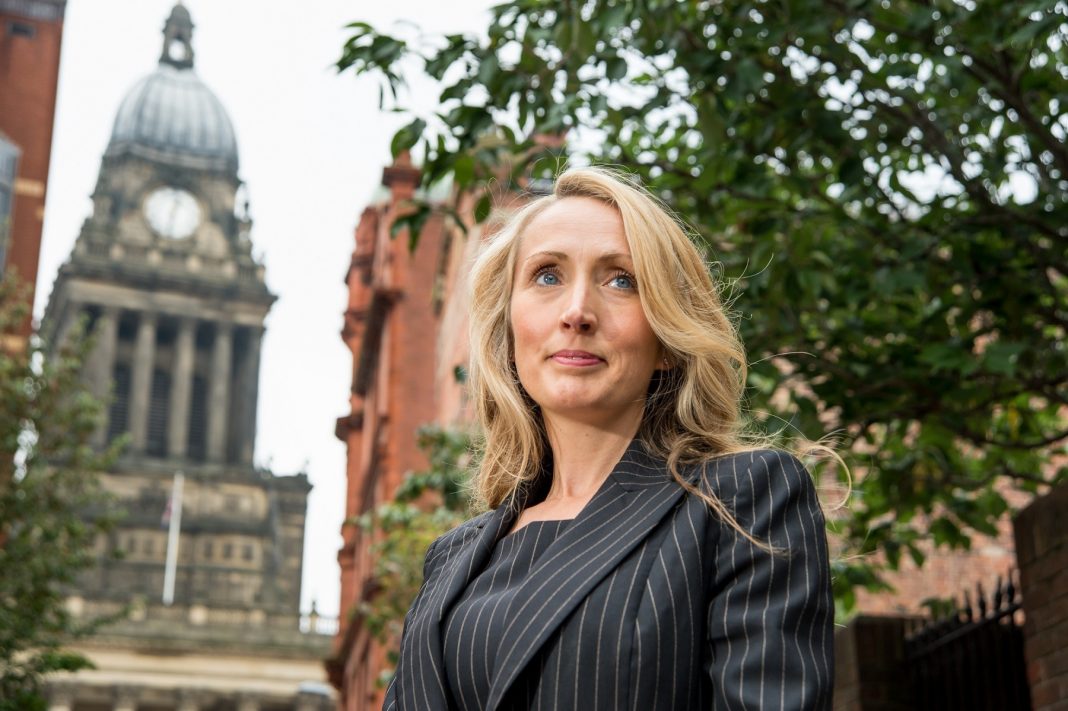The 14-year high number of corporate insolvencies reached this quarter is due to a rise in Creditors’ Voluntary Liquidations, administrations and Company Voluntary Arrangements, says Eleanor Temple, chair of the UK’s insolvency and restructuring trade body R3 in Yorkshire and a barrister at Kings Chambers in Leeds.
She says: “Although Compulsory Liquidations have fallen compared to the last quarter, numbers for this process are the highest we’ve seen in the second quarter of the year since 2019.
“More and more businesses are running out of road or rope. Directors are choosing to close down their firms while the decision is still theirs, while an increasing number of creditors – including HMRC – are turning to winding-up petitions to recover the debts they’re owed.
“When the pandemic ended, many directors thought and hoped things would improve, but instead they’ve faced rising costs, supply chain issues and a customer base that is tightening its purse strings to cope with the cost of living.
“Business owners remain worried about customer demand, rising costs and the state of the economy, while high interest rates may affect access to rescue funding and could deprive saveable firms of a lifeline. Unless the economic picture improves, it’s likely more businesses will need an insolvency process to help resolve their financial issues, and numbers will remain high throughout the rest of this year.
“Turning to personal insolvencies, the trend we’ve seen is down to a fall in Individual Voluntary Arrangement numbers – which suggests that the ongoing cost of living crisis isn’t translating into more people requiring a personal insolvency process at present.
“However, the rise in bankruptcies and Debt Relief Orders suggests that more people are unable to make almost any kind of contribution to repaying their debts this quarter, so have turned to these processes in an attempt to resolve their financial issues.
“Making ends meet is still a key concern for many. People are living in a world where it costs more to keep a roof over their head, put food on the table and keep the lights on, so they’re only spending money on the essentials. Alongside their money worries, job security and the health of the economy are key concerns for many people – while rising interest rates could affect their ability to pay or secure mortgages in the future, and inflation levels will continue to push costs up.
“An increasing number of people are turning to credit cards to pay bills or pay for the basics, which is concerning as people in this position are just one financial shock – like an unexpected bill or a cut in hours at work – away from becoming insolvent.
“Anyone who is worried about their business or personal finances should seek advice as soon as possible. Money worries are one of the hardest topics to talk about, but having that conversation while your concerns are fresh gives you more time to make a decision, more potential solutions for your issue, and usually leads to a better outcome than if you’d waited till the problem became more serious.
“Most R3 members will give potential clients a free consultation to understand more about them and their financial issues and outline the potential options open to them to resolve them.”



